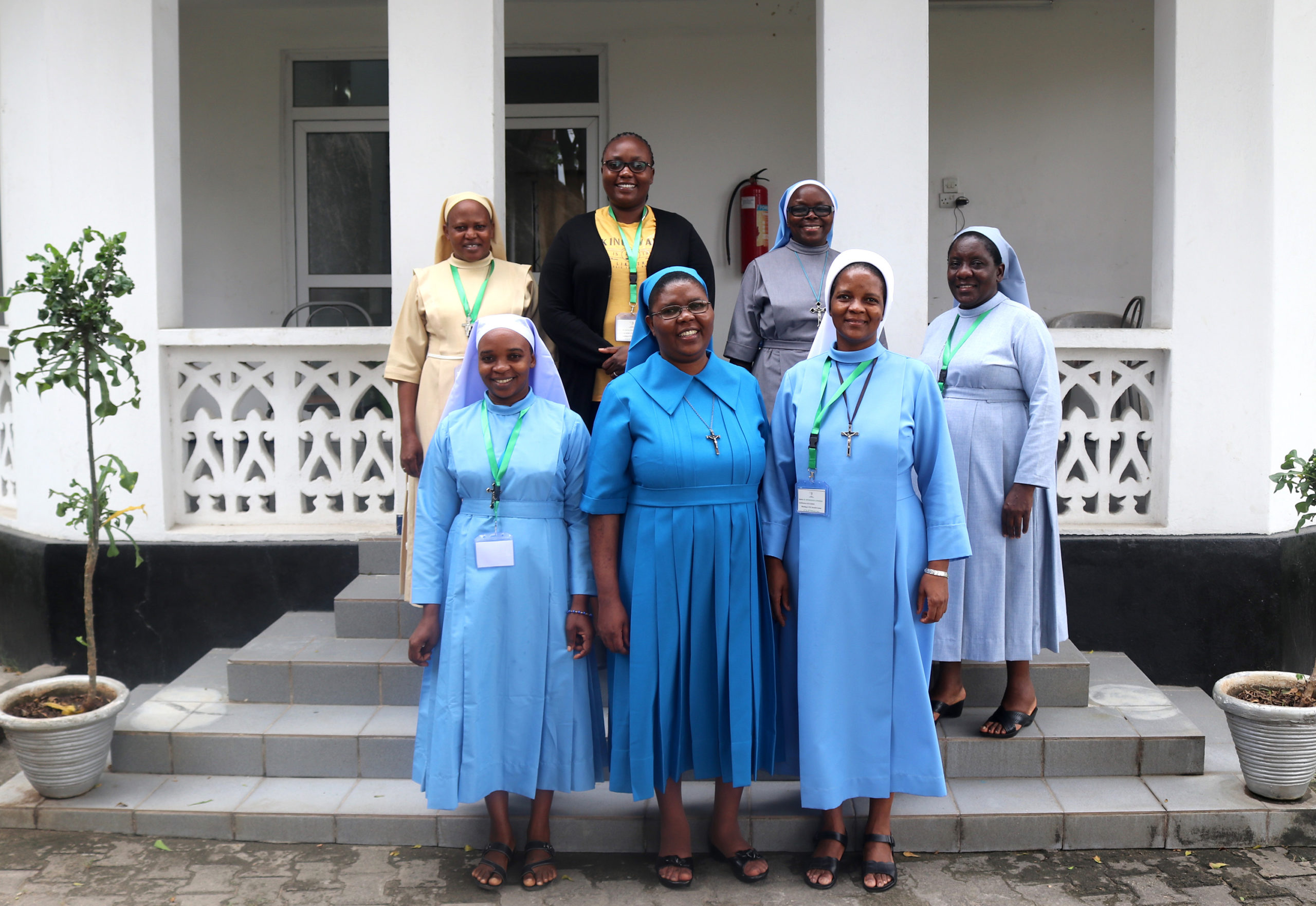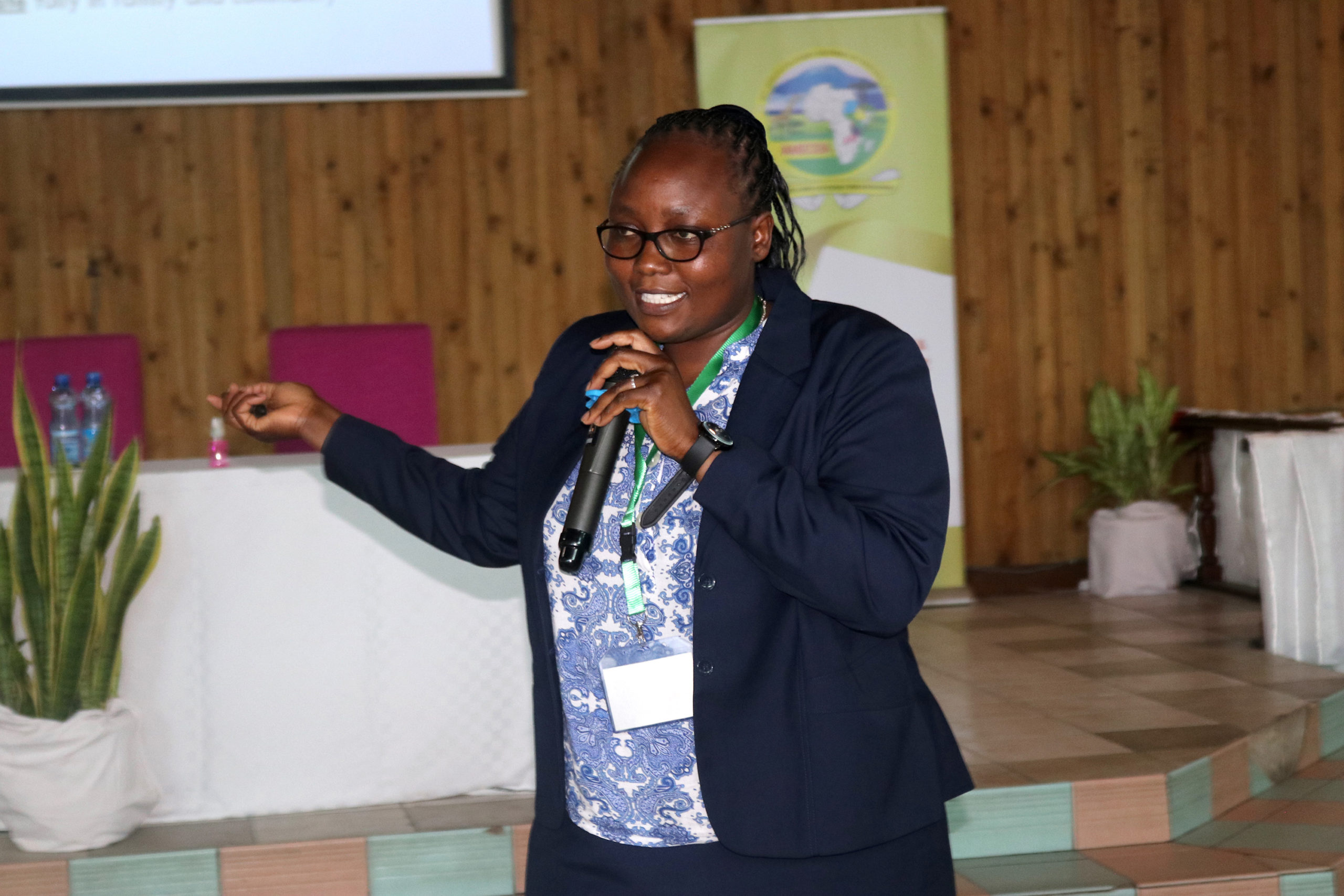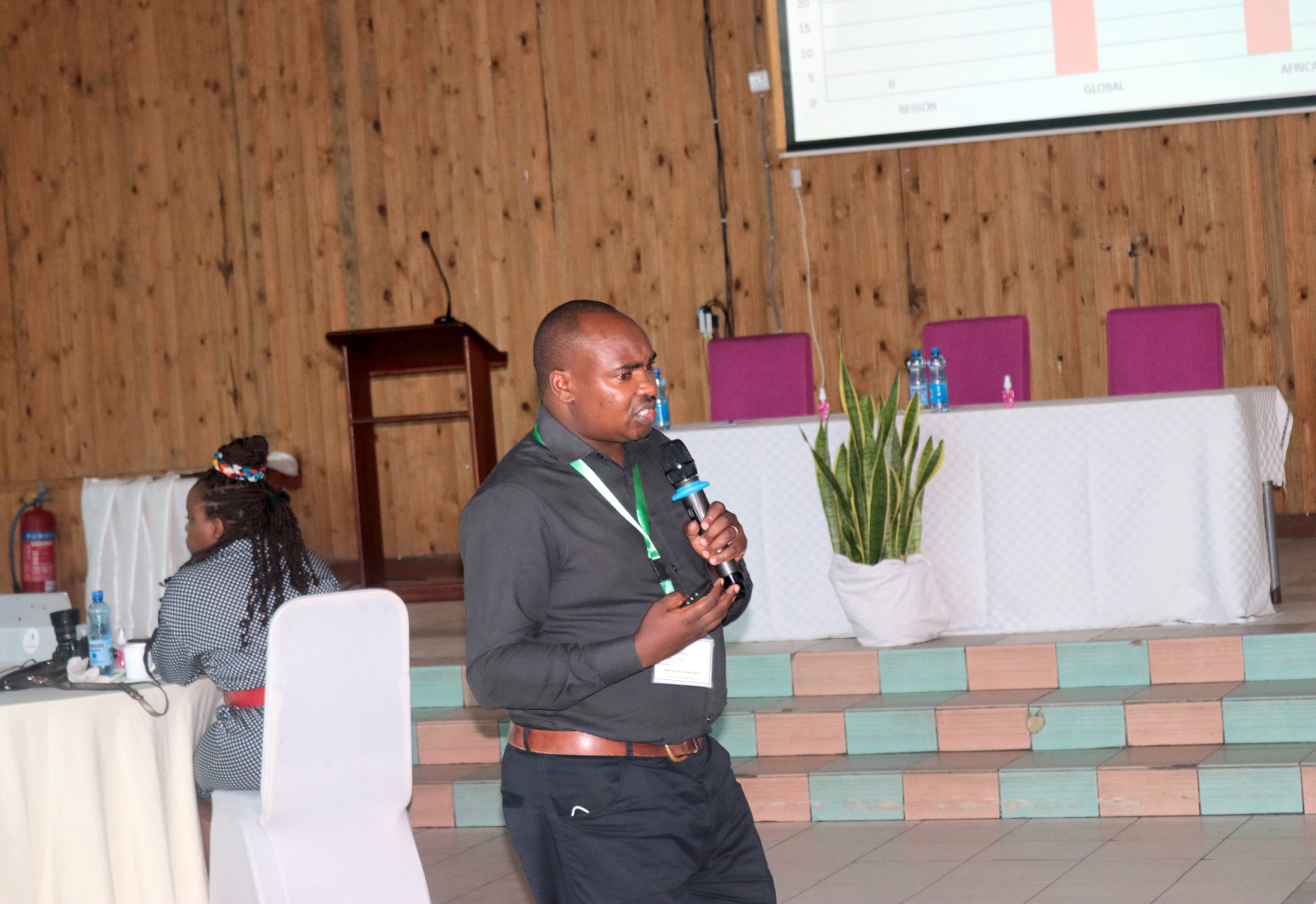AMECEA: Catholic Nuns Lobby for Partnership to Strengthen Holistic Care of Children

CCC Coordinators from Kenya, Uganda, Zambia and Malawi together Sisters from the Tanzania Association of Sisterhood TCAS
Sr. Jecinter Antoinette Okoth, FSSA
Associations of Catholic nuns from eastern Africa countries have called upon Bishops Conferences within the Association of Member Episcopal Conferences in Eastern Africa (AMECEA) region, to collaborate with them towards strengthening holistic care of vulnerable children in the society.
Addressing National Coordinators from various departments within AMECEA region including Social Communications, Pastoral and Promotion of Integral Human Department (PIHD), at a conference in Dar- es Salaam, Tanzania, Sr. Delvin Mukhwana the Project Manager of the Catholic Care for Children in Kenya (CCCK) stressed that collaboration will yield much fruits in the life of vulnerable children.

“Catholic Care for Children welcomes partnerships within Church communities and beyond to help realize the best possible outcomes for children and their families,” Sr. Mukhwana who was speaking on behalf of other project managers from the region said on Tuesday, March 22, adding that collaboration is key and will help vulnerable children have a sense of belonging in the society.
Enlightening over 50 participants about the CCCs campaign during the three-day workshop at Tanzania Episcopal Conference (TEC) Secretariat, Kurasini, Sr. Mukhwana a member of the Daughters of the Heart of Mary (DHM) congregation disclosed that care for children is a sister-led project and “Charism-driven movement that aims to ensure that children grow up in safe, and loving families.”
She narrated that through the International Union of Superiors General (IUSG), national associations of Religious, and other appropriate groups, “CCC is building capacity to express a charism of care for children in today’s world (so as) to reduce recourse to institutional care but rather encourage family and community-based care for children.”
Currently within the AMECEA region, CCCs are in four countries namely Uganda, Zambia, Kenya and Malawi and are managed by Religious congregations under their umbrella bodies: Zambia Association of Sisterhoods (ZAS), Association of the Religious in Uganda (ARU), Association of Sisterhoods of Kenya (AOSK) and Association of Religious Institutes of Malawi (ARIMA). The association run various Child Care Institutions (CCIs).
Speaking during the Tuesday conference about pillars for the CCCs, Sr. Mukhwana said, the project is “rooted in the touchstones of the Catholic faith, especially the Biblical mandate, the principles of Catholic Social Teaching which emphasizes on the dignity of each person and the right of each person to participate fully in family and community.”

Additionally she continued, the project is “Informed by social sciences that are clear about the importance of nurturing family bonds for holistic, healthy development across life span and is also aligned with the United Nations Convention on the rights of the child that spells out the child’s right to a family and guidelines for alternative care of children who are separated from their families.”
On his part speaking to participants about child safeguarding, AMECEA Child Safeguarding Officer Mr. George Thuku acknowledged that the in AMECEA region “Church strives to adhere to Pope Francis’ declaration of zero tolerance to child abuse,” as “seven out of eight conferences in the region already have safeguarding policies, child safeguarding offices and desks.”
Mr. Thuku disclosed that there are existing gaps in the initiative of CCC international in relation to safeguarding of children and vulnerable adults including the “inaction relating to incidents of abuse where abuses are not detected, there are cover-ups of abuses or nothing is done about the abuses.”
Furthermore, he noted that there is “low collaboration and coordination of action with PMS (Pontifical Missionary Societies), PMC (Pontifical Missionary Childhood) and safeguarding officers, government actors and National Conference mechanism and other commissions/departments.”
He posed to the participants to think about the role of the church in addressing the plight of perpetrators of abuse, to look at abuse as a sin against God and against the law and also abuse as a moral issue and a criminal matter.


